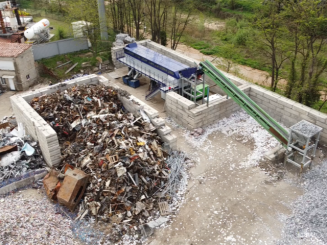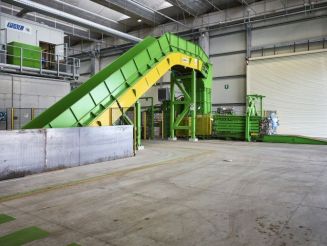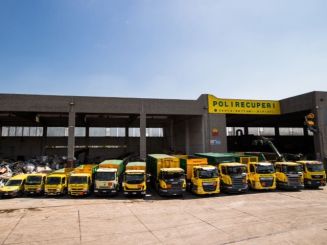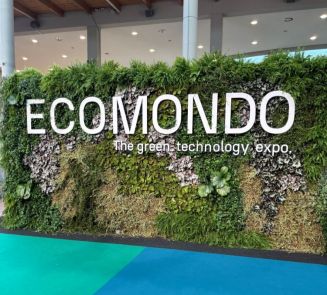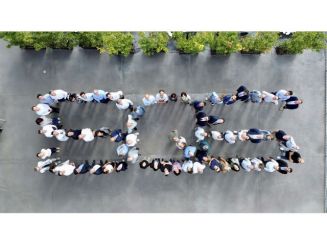A UK WEEE matching system: a feasibility study
Research commissioned by Material Focus and to which the WEEE Forum has contributed, has identified that the introduction of a 'matching' system could bring benefits to the UK WEEE system.
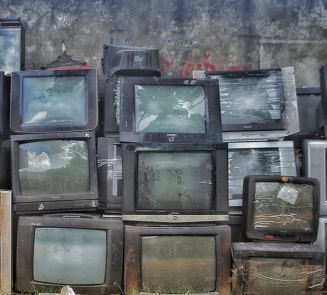
The research “A UK WEEE Matching System: A feasibility study of options” details the benefits that this approach may bring but also acknowledges the impacts and costs that may be expected. The report identifies areas of further investigation that would be required as part of a holistic review of the UK WEEE system, should matching be considered as a serious option worthy of more investigation by stakeholders and DEFRA.
The research, conducted by Oakdene Hollins with the support of the WEEE Forum, explored how “matching” has worked in other European countries, and provides an up-to-date evidence base on whether and how matching could benefit the UK system and be practically implemented. The findings of the study will support the upcoming consultation by DEFRA of the UK Waste Electrical and Electronic Equipment (WEEE) Regulations.
Matching, sometimes also known as allocation, refers to an administrative process that instructs producer compliance schemes (PCSs) to collect WEEE from various sources at a level equivalent to their producer members’ combined market share. It is an alternative to the current approach in the UK in which PCSs competitively tender for access to some or all designated collection facilities (DCFs).
With many PCSs operating in the UK, matching would mean that resources currently focussed on competing for access to WEEE could be freed up and redirected towards more productive and progressive activities to improve the performance of the WEEE system. Matching would ensure that all PCSs have access to their member’s market share of collected WEEE from across the UK. Matching could also require all PCSs to actually collect and recycle WEEE and reduce the use of WEEE evidence purchases. Overall, this could remove economic distortions that, as some industry commentators claim, arise from the current approach due to the differences in the nature and costs of collecting WEEE from DCFs across the UK.
Scott Butler, Executive Director of Material Focus said: “Working with a range of industry stakeholders we have identified, funded and published research on a number of important WEEE issues. This latest report adds to this work, and we hope will help inform stakeholders as they develop their responses to the upcoming and eagerly awaited DEFRA consultation on the UK WEEE System.”
Vivian Shi, Oakdene Hollins, report author said: “Interviewees from other European countries that have a matching approach broadly agreed that, when designed and enforced appropriately to their countries’ contexts, matching has created a harmonised and stable system, and a level playing field for competition. This has allowed for more efficient and productive use of resources for PCS improvement and innovation.”
This study concluded that matching by collection points is a potentially feasible solution for the UK, aiming at levelling the playing field and driving more PCS participation in actual collection. It also shows that, whilst matching would not in itself increase WEEE collections, it could be a foundation for wider reforms to the UK WEEE system. This study also highlights that implementation of an effective matching system hinges on changes and supplementary initiatives to the wider system.
Download the full study here.








